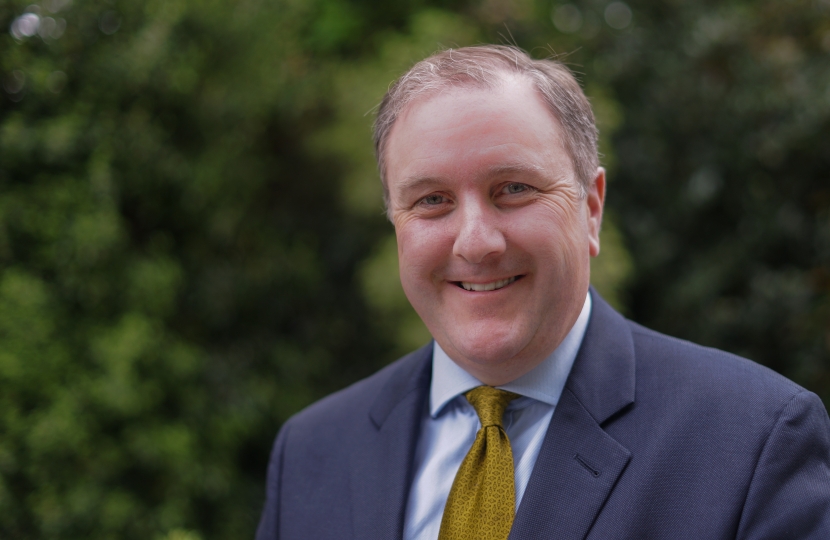
Regular readers will know of my suspicions of populism in politics. Not to be confused with being popular (what politician doesn’t seek to be that?), more the simplicity of the black and white of the populists’ prescription. Populists, by their very world view, only speak to those with whom they agree – or who agree with them. With their self-endorsing echo chamber, if you will. At the same time, they will demonise those with whom they disagree or find disagreeable. Achieving big political change – making the weather – is not within the armoury of the populist. They are unable to do so because they lack the capacity to reach across the aisle, to extend the hand of friendship and a listening ear. Such skills are prerequisites to making meaningful progress in often-contested spaces. This was brought home to me at recent Northern Ireland Affairs Select Committee hearings.
Sir John Major, Sir Tony Blair and former Irish Prime Minister Bertie Ahern all said that to get to the point where the Good Friday Agreement was possible, people who were sworn and ancient enemies had to sit down and talk – to listen and to respect each point of view and to find the route of pragmatic compromise needed to make progress.
I heard it again in every speech at a recent conference hosted by Queen’s University Belfast, celebrating Agreement 25. Bill and Hilary Clinton made powerful speeches on this issue, as did Senator George Mitchell, who gave up five years of his life in the search for peace in Northern Ireland. George warned against the ‘100 percenters’ – those who can only claim victory when they achieve everything and their opposite number nothing.
I heard it from the President of the EU, who spoke of how the Windsor Framework had been negotiated – through respectful conversations focused on the possible. Perhaps above all I heard it from a range of viewpoints, across the traditions, who all effectively said: ”I knew progress was possible and resolution within touching distance when I found myself speaking to x, y or z – a sworn enemy and opponent.”
I was a teenager in the 1980s and remember The Troubles clearly, albeit viewed from the safety of South Wales. It’s why I have become so involved with the politics of Northern Ireland – I am committed to playing my small part in ensuring no return to the days of hate and blood. The progress made over the last 25 years was made crystal clear to me in two personal events.
The first was, as an unaccompanied Tory MP, walking down the Falls Road in Belfast. In the past, English politicians would have had to go in armoured cars with heavy security. The second was finding myself sitting next to Gerry Adams at the celebration dinner at Hillsborough Castle. On the political Richter Scale these were two small things; but enormously illuminating of the scale of change that non-populist politics can deliver.
As the Windsor Framework underscores, pragmatic politics continues to deliver. I shall close with another personal anecdote, if I may. A Loyalist blogger and campaigner did not have me on his Christmas card list. Jamie Bryson saw me as being opposed to everything he holds dear. He has waged a bit of a campaign against me in the media.
Recently we bumped into each other in Belfast. We could have cold shouldered each other, muttering under our breaths as we slipped past.
But, we didn’t. We shook hands. We met for coffee. A presumed ten-minute chat evolved into a two-hour heart-to-heart. He is coming to my Select Committee and we have continued our conversations.
We won’t, we know, agree on everything, but we have agreed to try to follow the advice of those political Titans who led the way with the Belfast Good Friday Agreement. Let us have more of that kind of politics.
